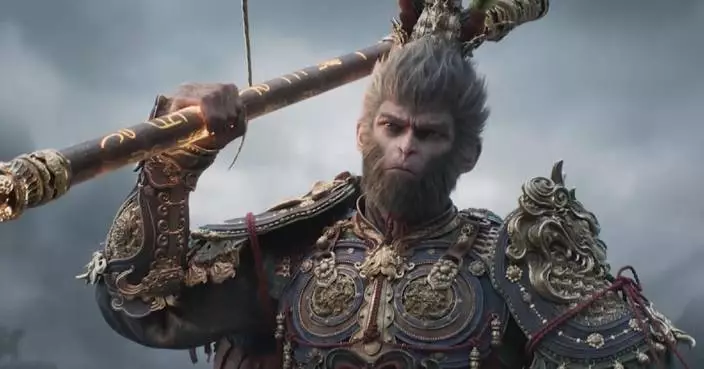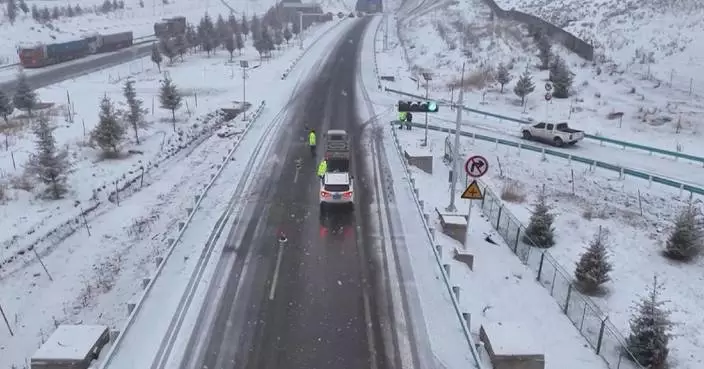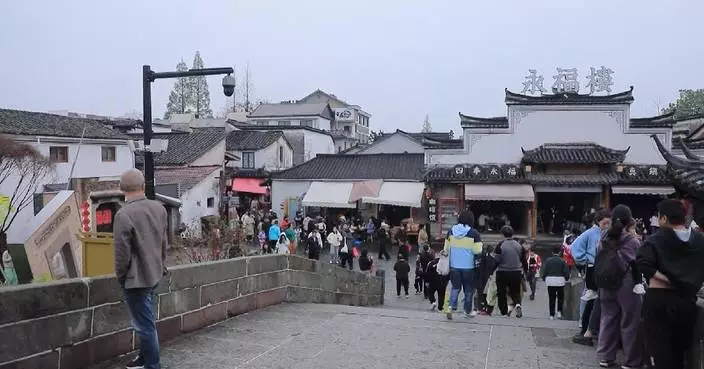Athletes from various ethnic groups across China competed in both traditional sports, such as crossbow shooting and dragon boat racing, and new additions like the debut of coconut tree climbing race on the first official competition day of China's 12th National Traditional Games of Ethnic Minorities.
Opening in Sanya, a coastal city of Hainan Province, on Friday, the grand event gathers nearly 7,000 athletes representing 35 delegations across China who will compete in 18 sports and three demonstration sports. The nine-day event will conclude on November 30.
Competitors at the event are expected to not only showcase their skills and traditional culture, but also enjoy the fun of sports.
Inspired by local people's physical labor of climbing trees to harvest coconuts in Hainan, the coconut tree climbing race made its first appearance this year.
Twelve teams from provinces including Hainan and north China's Hebei participated.
"I feel so excited. I like the sport item very much. It gives us a chance to see the unique customs of different ethnic groups. It's a wonderful chance for us to have such exchanges. I'm so happy to be here," said a spectator from northeast China's Heilongjiang Province.
The board-shoe racing, a popular traditional sport, pits teams of three athletes wearing a single pair of wooden board shoes against each other. Originating from southwestern regions including China's Guangxi Zhuang Autonomous Region, the event has grown in popularity, attracting participants from northern provinces as well.
"The board-shoe racing exemplifies the sports wisdom and collaborative spirit of ethnic minorities. There are 30 teams participating in the event. The registration shows that it is increasingly popular among people of all ethnic groups. Provinces in the northern part are also actively participating in this event. It witnesses the multicultural integration and exchange among Chinese ethnic groups," said Lu Guang, leader of board-shoe racing team from Shandong.
From land-based sports like crossbow shooting and wrestling to water events such as dragon boat racing, the first day of the games featured 15 competitions. Players can not only learn from each other by competing in the field, but also forge new friendship.
"We will show our best and show Yunnan's colorful national sports culture and hard-working and simple spirit," said Li Jixin, coach of dragon boat racing team from Yunnan.
"They are rivals on the field and friends off the field. Athletes' mutual communication and discussion are also conducive to strengthening exchanges between cultures of different ethnic groups," said Guan Yuanhong, leader of the crossbow shooting team from Jiangxi.
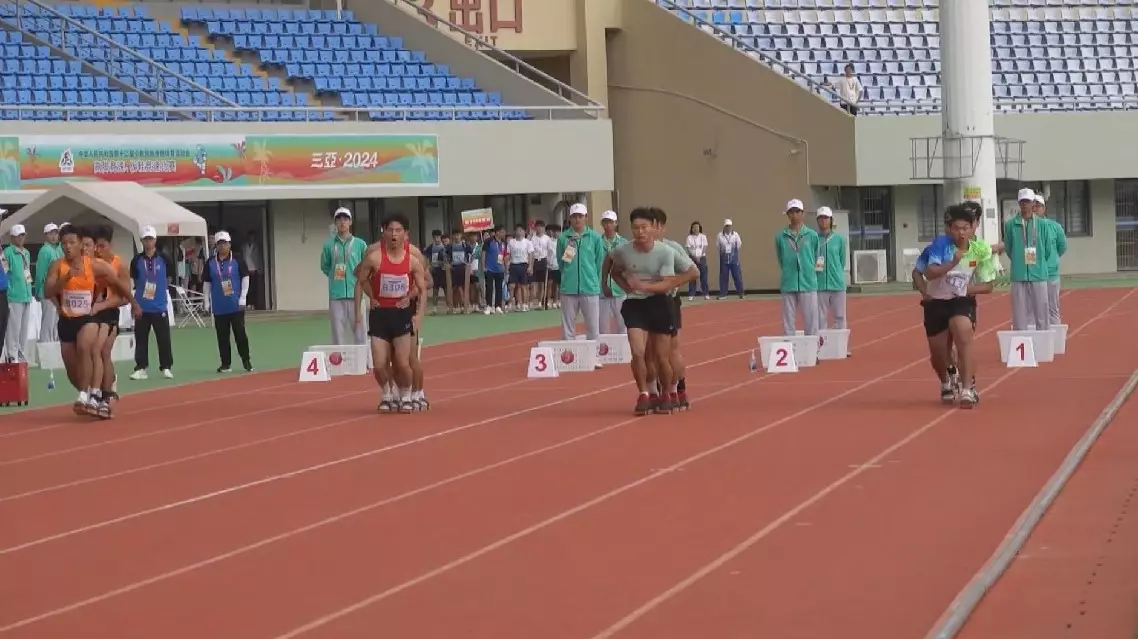
Brilliant traditional, new sports on competition day 1 of China's national minority games
The past two months of intensifying Israeli bombardment in Lebanon has been the "deadliest and most devastating" in decades, as communities uprooted from the front line continue to flee across the border to Syria, U.N. humanitarian officials said on Friday.
Highlighting the deepening humanitarian catastrophe for civilians on Lebanon's Independence Day, the U.N. refugee agency -- United Nations Commission on Human Rights (UNCHR) -- warned of a prevailing sense of uncertainty and fear as the war grinds on.
"In recent weeks, Israel dramatically intensified its airstrikes and ground incursions, and this has deepened the humanitarian catastrophe that has affected civilians. The past few weeks have been the deadliest and the most devastating for Lebanon and its people in decades," said Ivo Freijsen, UNHCR representative in Lebanon.
To date, close to one million people have been displaced across Lebanon -- one in five of the population -- and nearly 600,000 people have crossed the border into Syria.
According to the authorities, as of November 20, there have been nearly 3,600 confirmed deaths including more than 230 children and more than 15,000 injured.
Speaking from the war-torn country, Freijsen appealed for international assistance.
"We are all obviously very concerned about the winter and the need to ramp up winter assistance, as it has started to rain and in some areas the first snow has fallen. So, we have a huge collective effort in front of us. We need to pursue in terms of creating better conditions for all the displaced through specific winter assistance and improved shelter," he said.
The UNHCR official stressed the need to ensure equal access to shelter for all displaced people, particularly refugees who were already in an acutely precarious situation before this crisis. The agency's response includes counseling, community support and creating safe spaces for those most at risk. To date, it has reached more than 100,000 people during the current emergency and supports a network of 44 health facilities across the country including the provision of life-saving equipment, such as trauma kits.
According to the World Health Organization (WHO), one in every 10 hospitals has ceased operations or been forced to reduce services, as attacks continue on healthcare and personnel.
In an update from the Lebanon-Syria border crossing at Jdaidet Yabous, UNCHR's representative in Syria, Gonzalo Vargas Llosa, reported that an estimated 560,000 people have sought shelter inside Syria since September 24, with some 65 percent being Syrians and the remainder being Lebanese. Crossing the border remains extremely dangerous for civilians and humanitarian workers alike, however.
"It is clear from our interaction with those Syrians and Lebanese that we speak to at the border that the bombings of the IDF (Israel Defense Force) of border crossings -- including the one where I am here which has been bombed at least twice in the past few weeks. This has had a major effect in reducing the numbers. Syrians and Lebanese are very scared of using these escape routes," said Vargas Llosa.
Around 50 Lebanese nationals are returning to Lebanon every day in response to the "disastrous" economic situation in Syria, along with a smaller number of Syrians, the UNHCR official added.
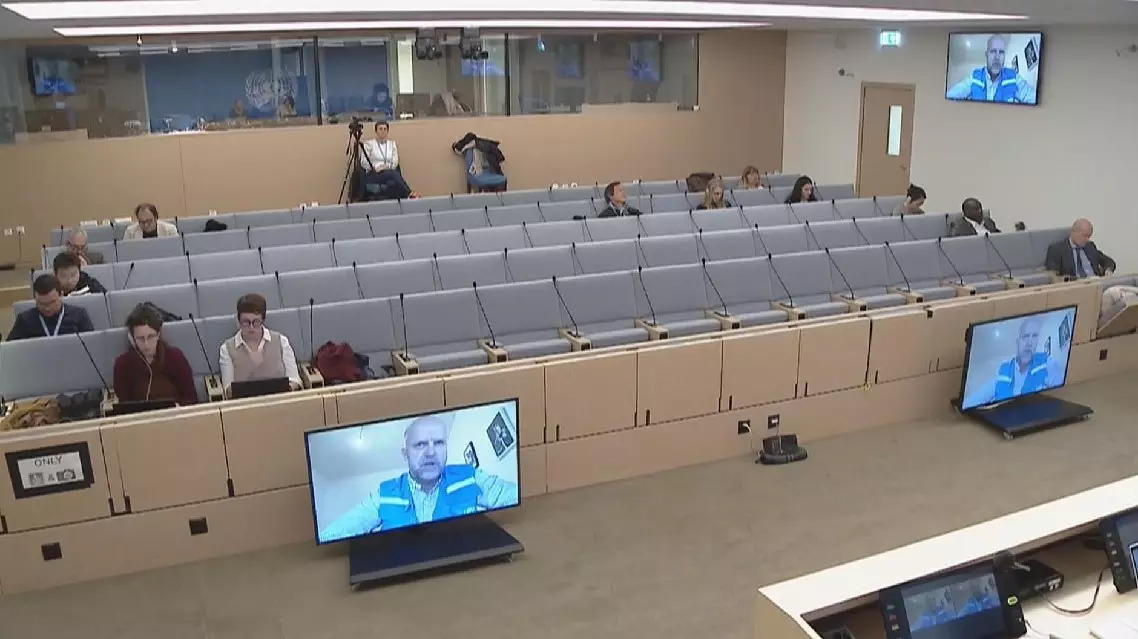
Israeli bombardment in Lebanon devastating in decades, communities forced to flee: U.N. officials





